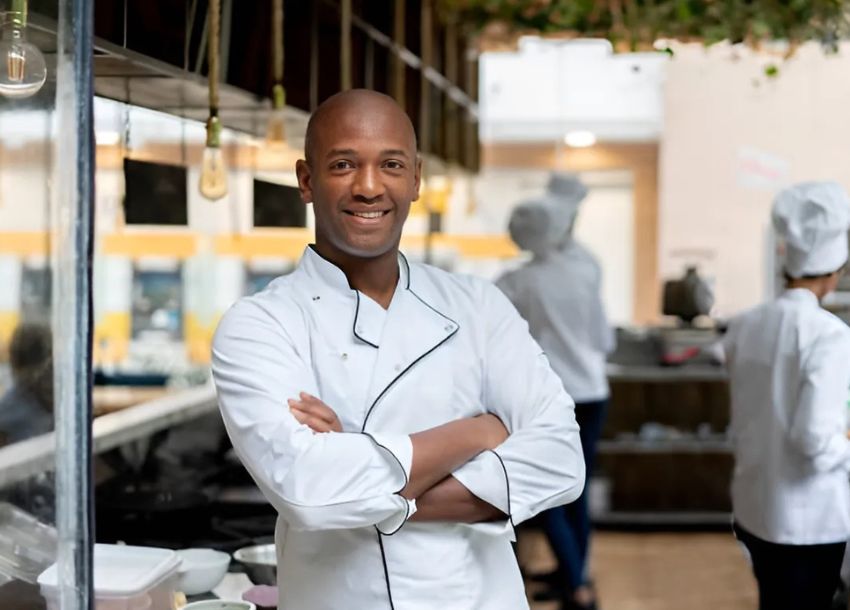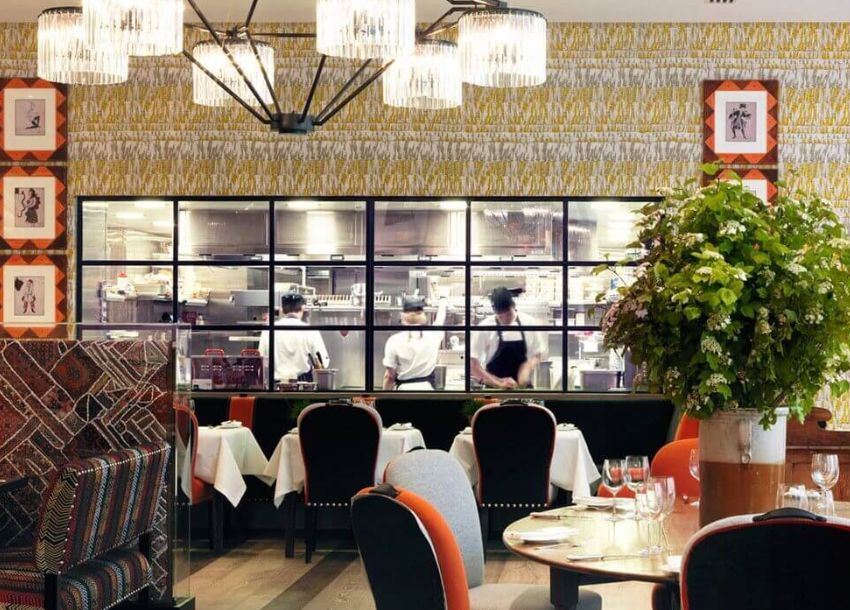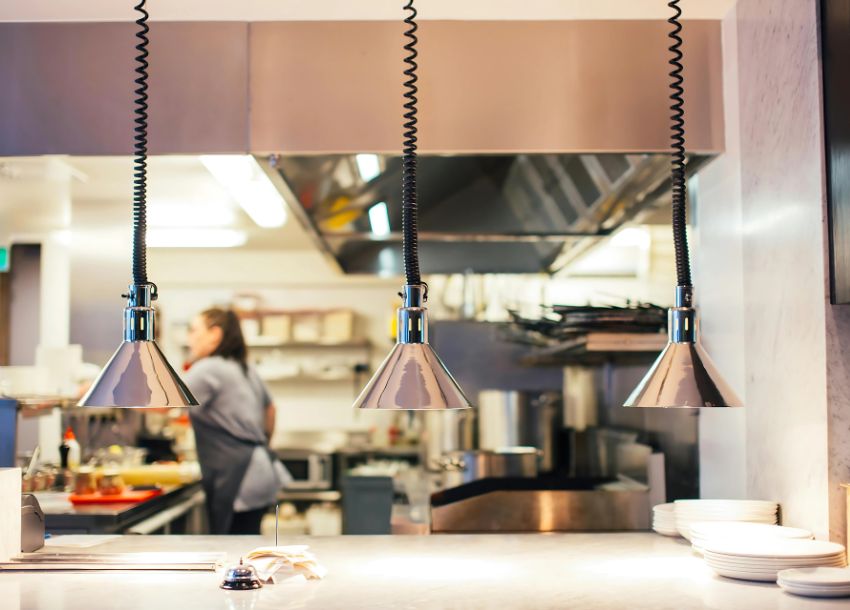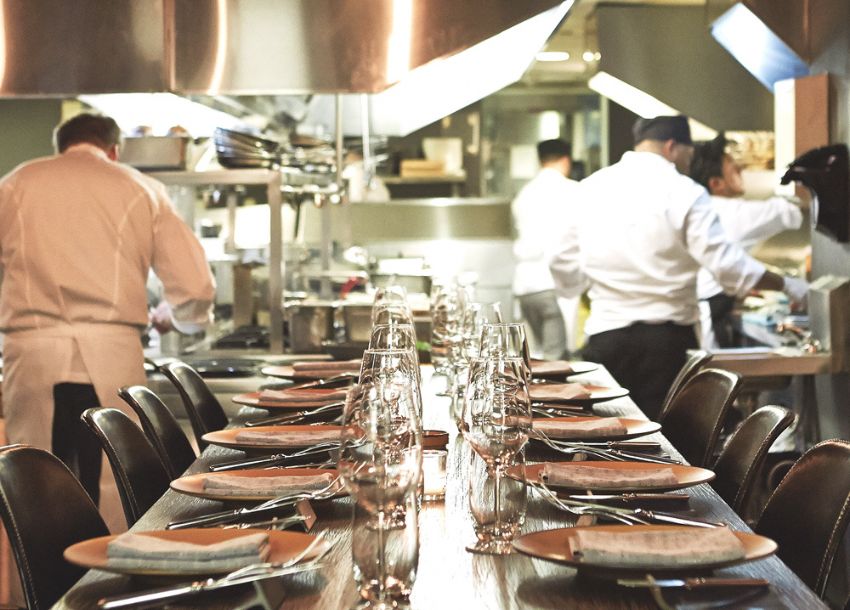Head Chef Job Description: Duties, Skills & Hiring Tips
- Recruit
-
Aug 26
- Share post

When writing a head chef job description, remember that the head chef isn’t just the person behind running the pass. They’re the captain of the kitchen, the creative visionary, the cost controller and the one who keeps service running smoothly – even on the busiest Saturday night.
Get this hire right and your kitchen will hum with energy, consistency, and creativity. Get it wrong and you’ll feel it everywhere – in staff morale, customer reviews, and your bottom line.
This guide will walk you through exactly what a Head Chef does, the skills they need, and how to hire one who’s the perfect fit for your business.
What is a Head Chef?
A Head Chef – sometimes called a Chef de Cuisine — is the leader of the kitchen brigade. They oversee every aspect of food production, from menu design to the final plate presentation.
In smaller venues, the Head Chef may be hands-on with cooking day-to-day. In larger operations, they’re often focused on managing people, budgets, and suppliers — ensuring the kitchen runs like a well-oiled machine.
Key responsibilities of a Head Chef
While every kitchen is different, these core duties are standard for most Head Chef roles:
Menu creation and development
Designing seasonal menus, introducing new dishes, and adapting to trends.
Quality control
Approving every dish before it leaves the pass.
Stock and supplier management
Ordering, negotiating prices, and ensuring consistent supply.
Cost control
Monitoring food costs, minimising waste, and maximising profit margins.
Staff leadership
Hiring, training, and motivating kitchen teams.
Scheduling
Planning shifts to match service demands.
Compliance
Maintaining food safety, hygiene, and allergen management standards.
Equipment maintenance
Arranging repairs or replacements when needed.
Essential skills and qualities
The best Head Chefs blend creativity with commercial sense. Look for:
- Leadership and people management – the ability to inspire, train, and retain great staff.
- Culinary creativity – a strong sense of flavour, presentation, and innovation.
- Organisation and time management – keeping calm and prioritising during service pressure.
- Financial awareness – understanding how to balance quality with profitability.
- Adaptability – reacting quickly to supply shortages, last-minute bookings, or dietary requests.
- Communication skills – clear, concise direction that keeps the whole team aligned.
Qualifications and experience
Many Head Chefs have worked their way up the traditional ladder — Commis Chef → Chef de Partie → Sous Chef → Head Chef. Others bring formal training from culinary schools.
Typical requirements include:
- Professional cookery qualifications or a culinary degree.
- Food safety and hygiene certifications (Level 3 or 4 in the UK).
- Proven experience leading a kitchen team.
Remember: the right mix of leadership ability and culinary skill often matters more than a formal qualification.
Head Chef job description – salary expectations UK
The average Head Chef salary in the UK ranges from £35,000 to £50,000+ a year, with London and high-end venues often paying more. Factors influencing pay include:
- Location – salaries are typically higher in major cities.
- Venue type – fine dining vs casual dining vs contract catering.
- Size of operation – larger brigades mean more management responsibility.
Perks can make a difference, too – think staff meals, bonuses, training opportunities, or flexible shift patterns.

Hiring the right Head Chef
Hiring well starts with a clear, compelling job description. Don’t just list tasks – sell the role. Highlight your venue’s values, culture, and vision for the kitchen.
When reviewing candidates:
- Look for evidence of leadership, not just cooking skill.
- Ask situational questions: “Tell me about a time you handled a last-minute large booking.”
- Consider trial shifts to see how they lead in real time.
Retention starts on day one – invest in onboarding, set clear expectations, and provide ongoing support.
Example Head Chef job description for employers
You can adapt this sample template to suit your own venue. Use it as a starting point to make sure your advert is clear, professional, and appealing to candidates.
Job Title: Head Chef
Location: [Your Venue / City]
Salary: £XX,000 – £XX,000 + benefits
About us
We’re a [type of venue] passionate about delivering exceptional food and memorable experiences. Our kitchen is the heartbeat of the business, and we’re looking for a Head Chef to lead from the front — inspiring the team, driving menu innovation, and ensuring every plate reflects our standards.
Key responsibilities
Lead all kitchen operations, from prep to pass.
- Design creative, seasonal menus that align with customer preferences and business goals.
- Manage ordering, stock control, and supplier relationships to guarantee quality and consistency.
- Monitor food costs, portion control, and waste reduction to maximise profitability.
- Ensure food safety, allergen compliance, and hygiene standards are consistently met.
- Recruit, train, and mentor kitchen staff — building a positive culture that reduces turnover.
- Work closely with front of house to deliver seamless service and guest satisfaction.
- Oversee equipment maintenance and kitchen organisation.
Requirements
- Proven experience in a senior kitchen role (Sous Chef or above).
- Leadership and team management skills, with the ability to motivate under pressure.
- Creative flair and passion for high-quality, consistent food.
- Strong organisational and time-management skills.
- Financial awareness — capable of balancing quality with profit targets.
- Relevant cookery qualifications and food safety certifications (e.g. Level 3/4).
Benefits
- Competitive salary and performance-based bonuses.
- Opportunities for professional development and training.
- Staff meals and uniforms provided.
- Flexible shift patterns where possible.
- Be part of a supportive, ambitious team.
Final thoughts
Hiring the right head chef isn’t just about filling a vacancy – it’s about securing the leader who will set the tone for your entire kitchen. A clear head chef job description, paired with a strong understanding of the role’s duties, skills and requirements, helps you attract candidates who can balance creativity with kitchen management. Get it right and you’ll build a team that delivers consistent quality, boosts staff morale, and strengthens your reputation with every service.
–
FAQs – Head Chef job description
What is the difference between a Head Chef and an Executive Chef?
In the UK, the terms are often interchangeable. “Executive Chef” is more common in larger hotels or corporate kitchens, while “Head Chef” is the standard in restaurants and smaller venues.
How long does it take to become a Head Chef?
It can take anywhere from 7–10 years, depending on training, experience, and progression through kitchen ranks.
Do Head Chefs still cook?
In smaller kitchens, yes – they’ll often be hands-on daily. In larger operations, the role is more managerial.
How do I attract top Head Chef talent?
Offer competitive pay, opportunities for creativity and a supportive work environment. Showcase your kitchen culture in the job ad.
What should I ask in a Head Chef interview?
Mix technical and behavioural questions – for example, “How do you handle menu costing?” and “Tell me about a time you resolved conflict in your team.”



